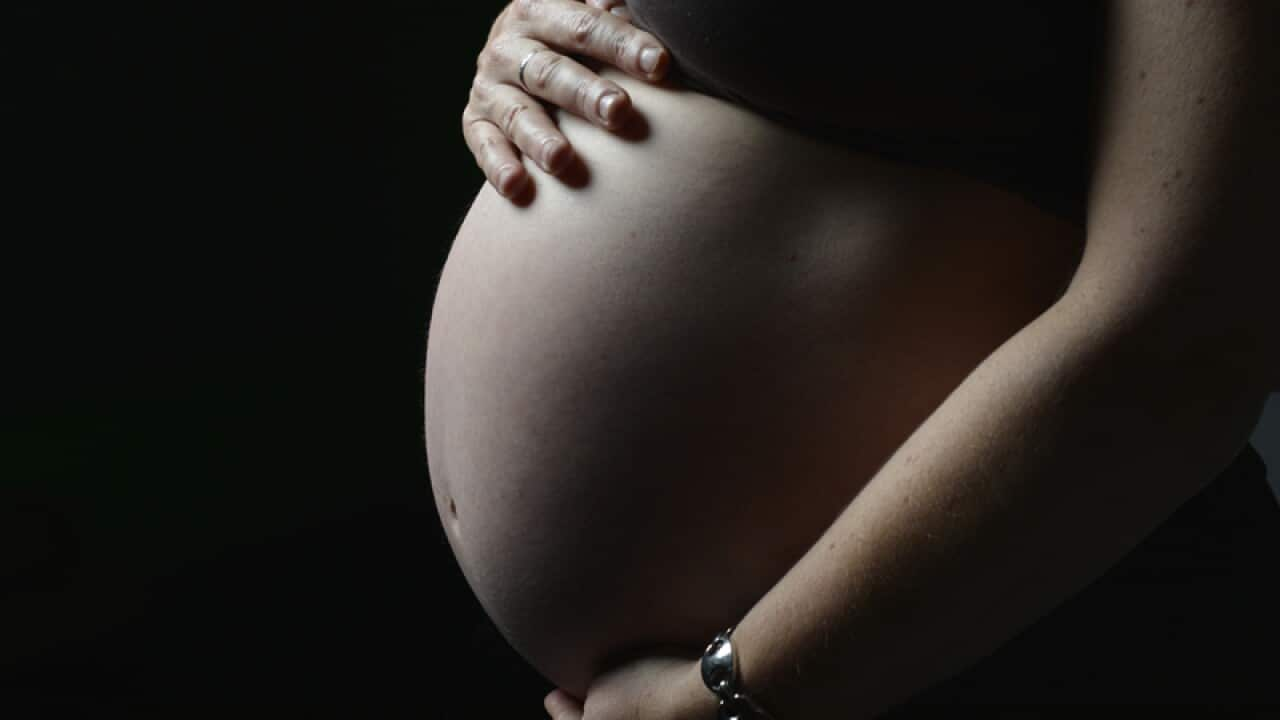Scratching the inside of the womb before conceiving a baby may double the chances of a successful birth, research suggests.
But experts urged caution over the study findings and stressed that "endometrial scratch" was not a pleasant procedure.
They said there was insufficient evidence to recommend such a step to ordinary couples wanting to conceive naturally.
International trials are now under way to investigate whether the procedure might be worth considering for women undergoing IVF (in-vitro fertilisation) treatment.
Endometrial scratch involves causing a small injury to the lining of the womb using a catheter tube about the thickness of a straw.
The idea is that doing this somehow makes the womb "stickier" and more receptive to the embryo, which stands a greater chance of implanting.
A review of eight trials with more than 1000 women planning to undergo insemination or conceive spontaneously appeared to show that endometrial scratching really does improve the odds of giving birth.
The study was conducted by researchers from the Cochrane collaboration, which assesses medical evidence to inform policy makers.
Based on the trials analysed, it found that endometrial scratch roughly doubled the chance of live birth compared with no intervention.
The procedure increased the normal likelihood of a successful live birth or ongoing pregnancy over a set amount of time from around 9 per cent to between 14 and 28 per cent.
However, Sarah Lensen from the University of Auckland in New Zealand, who led the review, pointed out that research evidence was not of a high standard.
She said: "The results must be treated with caution."
The findings were presented at the annual meeting of the European Society of Human Reproduction and Biology (Eshre) taking place in Finland.
British experts said despite its increasing popularity the jury was still out on whether endometrial scratch should be recommended.
Obstetrician Professor Nick Macklon, from the University of Southampton, who is director of the city's Complete Fertility Centre, said: "There's no evidence of good enough quality to imply that couples setting out to conceive spontaneously should seek this treatment from their doctors."
Experts also stressed that scratching the inside of the womb caused a significant degree of discomfort.
Scientists are not sure how endometrial scratch works. One theory is that it stimulates the regeneration of new cells in the womb lining. Another is that it triggers a beneficial form of inflammation.

